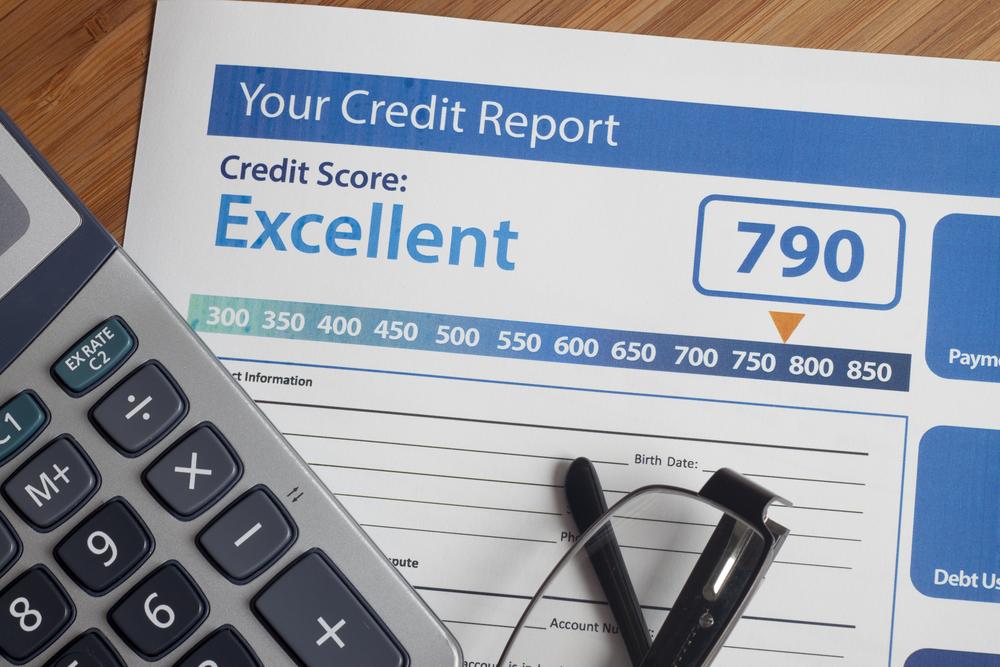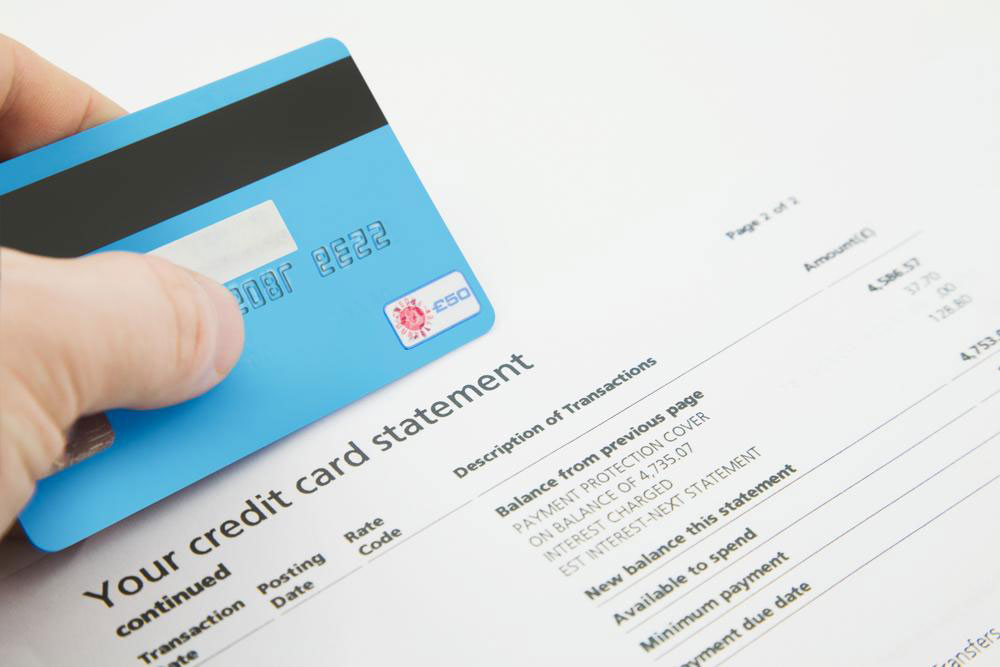Effective Strategies to Secure Your Mortgage Loan Successfully
Discover comprehensive strategies to successfully secure a mortgage loan. This article covers key tips such as demonstrating financial responsibility, maintaining stability, avoiding unnecessary debt, and staying up-to-date with market trends. Perfect for homebuyers seeking to improve their approval prospects and negotiate better loan terms, this guide provides detailed advice to help you confidently navigate the mortgage process and achieve your homeownership goals.

Effective Strategies to Secure Your Mortgage Loan Successfully
Embarking on the journey to purchase your dream home is an exciting milestone, but securing a mortgage loan is often one of the most critical and challenging parts of this process. To increase your chances of approval, it’s essential to understand what lenders look for in a borrower. Demonstrating your financial responsibility, maintaining stability, and staying informed about market trends can dramatically improve your prospects. This comprehensive guide dives deep into proven strategies that can help you secure a mortgage with confidence and success.
Whether you’re a first-time homebuyer or looking to refinance, understanding the key aspects of mortgage qualification is crucial. Lenders primarily evaluate your ability to repay the loan, your financial health, and your overall economic stability. Therefore, preparing your financial profile beforehand ensures a smooth approval process and potentially better loan terms. Here, we outline detailed tips and best practices that can position you as a trustworthy borrower.
Prove Your Financial Responsibility
One of the most vital factors lenders consider is your ability to make consistent, timely payments. An excellent credit score can significantly enhance your approval chances; however, even if you lack a credit history, lenders can find it challenging to assess your borrowing reliability. Establishing a good credit record through responsible financial behavior is therefore paramount.
Using cash when making purchases or paying bills is a strategy to avoid accruing debt, but this approach doesn’t help build a credit profile. To demonstrate your creditworthiness, consider opening small credit accounts, such as a secured credit card or a credit-builder loan, and ensure you make payments on time. These actions show lenders that you can handle debt responsibly, increasing your chances of approval.
Building a strong credit history involves managing borrowed funds wisely, making on-time payments, and keeping your credit utilization low. Responsible borrowing demonstrates to lenders that you are a trustworthy candidate for a mortgage. Remember, a solid credit profile not only affects your approval odds but can also influence the interest rates offered to you, leading to long-term savings.
Avoid Taking on Excessive or Unnecessary Debt
Maintaining a positive credit profile goes beyond just building credit; it requires diligent money management. Overspending, maxing out credit cards, or accumulating multiple debts can negatively impact your credit score and your debt-to-income ratio — a critical factor lenders evaluate.
To improve your chances of mortgage approval, pay close attention to your monthly bill payments and avoid late fees or defaults. Cultivating punctuality in paying bills—credit cards, utility bills, car loans, etc.—is essential. Also, refrain from making large purchases or new credit applications just before applying for a mortgage, as they can temporarily lower your credit score.
Be cautious when co-signing loans for others. Co-signing makes you legally responsible for the debt if the primary borrower defaults, and this responsibility appears on your credit report. It can also affect your debt-to-income ratio, potentially reducing your borrowing capacity. Always evaluate risks carefully before agreeing to co-sign.
Focus on Financial Stability
Mortgage lenders seek evidence of steady employment and income stability. Consistent employment over a period of at least two years, regular pay slips, and verifiable income records significantly boost your approval chances. If you’re self-employed, having at least one year of profit and loss statements, tax returns, and bank statements demonstrating income stability can help you qualify.
Maintaining an emergency fund and keeping your debt levels within acceptable limits further prove your financial reliability. The goal is to present yourself as a low-risk borrower to secure favorable loan terms.
Stay Updated on Mortgage Market Trends
Being informed about current mortgage rates, lending policies, and economic factors can help you make better decisions. Follow reputable sources and industry news on social platforms like Facebook and Twitter, and consult with mortgage professionals for personalized advice. Keeping up with trends ensures you’re not caught off-guard by changes in lending criteria or rate fluctuations, giving you a competitive edge in your home-buying journey.
In conclusion, securing a mortgage loan requires thorough preparation, responsible financial behavior, and ongoing market awareness. By demonstrating your reliability, managing debts wisely, and staying informed, you can increase your chances of approval and secure a mortgage that suits your financial situation. Remember, a well-informed borrower is a confident borrower, capable of navigating the complexities of the home-buying process and turning your dream home into a reality.





